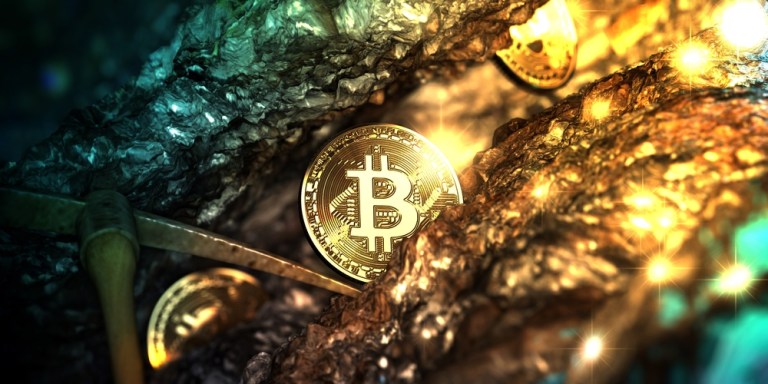Gain in price, amid growing clamor for it, of course.
No need to trace the minute details of bitcoin’s pricing. $6,500 or $6,600. Maybe more. Maybe less, and maybe a lot more or a lot less. Check back with us in a few minutes!
Beyond the vagaries of price — where some watch technicals, looking for a “floor” or a “peak” and signs amid volatility and rolling averages — fundamentals matter.
And there were a number of “star-crossed” and starkly contrasting fundamentals that offer food for thought and warnings too.
Hacks dominate the news, so let’s start there.
Advertisement: Scroll to Continue
Earlier this week, Bithumb, a leading cryptocurrency exchange in South Korea, was the victim of a successful hack, which led to the loss of over $30 million in cryptocurrencies. The exchange suspended — albeit temporarily — all trading. Some defenders stated that the hack should be viewed only in light of the security (or lack thereof) of the exchange itself and does not reflect the fundamentals of bitcoin.
That was the sentiment of Litecoin founder Charlie Lee. As for the hit to bitcoin’s price, as quoted by CNBC, “Whenever there’s an exchange hack, people get scared and the price drops,” Lee said on “Fast Money” on Wednesday (June 20). “It happens all the time … 5 percent is a lot in the stock market world, but it’s like nothing in the crypto space.”
Lee offered an analogy, according to the site: When a bank gets broken into and gold is stolen, it doesn’t affect the price of gold.
Yes, but to that we add: A robbery shouldn’t affect the price of a commodity, but, in the case of cryptos, it does — at least still. In the world of digital currencies, where coins are created and stolen in the blink of an eye, security matters. To the credit of Bithumb, the exchange used reserves to pay currency holders who suffered losses — something that may become a more widely adopted model.
But the security aspect of holding cryptos is still a bit unmoored. And it may still be an issue amid wider adoption — the more people hold a currency, the more available it is to be targeted for theft (and then, of course, used to buy something from someone else, covering tracks a bit).
Thus, adoption is both a blessing and a curse. Turns out, too, that bitcoin may not be ready for primetime, so to speak, and may face headwinds in a move toward mainstream use beyond mere speculation.
Also reported earlier this week, the Bank of International Settlements (BIS) stated that cryptos — and again, bitcoin is the poster child here — will not be a mainstream conduit for financial services.
Amid the findings: The digital coins are not stable enough and are hit by fraud (see our point above). Decentralization is a flaw and not a strength, continued the BIS. Oh, and boosting the presence of those decentralized networks means that the surge in communications — the very backbone of society (we’re joking only a little bit here) which is the internet — could grind to a halt.
“Put in the simplest terms, the quest for decentralized trust has quickly become an environmental disaster,” the BIS stated. In the starkest terms, a crypto can stop functioning — just like that.
Talk about damning with not much praise.
Conversely, the BIS did see benefits harbored in the form of blockchain, which can give a boost to cross-border payments, of particular help to trade finance. But, again, we’re talking about rails and roads in this instance — not the vehicles traveling over them.
Amid these tidbits of news, bitcoin has recovered, trading at $6,700, and up from the $6,500-plus seen earlier in the week.
One reason: Square has added a bitcoin feature, allowing the company’s customers in New York to buy and sell bitcoin through its cash app. That comes courtesy of the seventh license granted through the state via BitLicense. You may remember that Square had $34 million in sales tied to bitcoin in the first quarter of this year. So, there’s another avenue to trade and possibly an incremental embrace of the cryptocurrency in the offing.
Whether that’s good news or not remains to be seen. But if the internet is not ready … are we?

